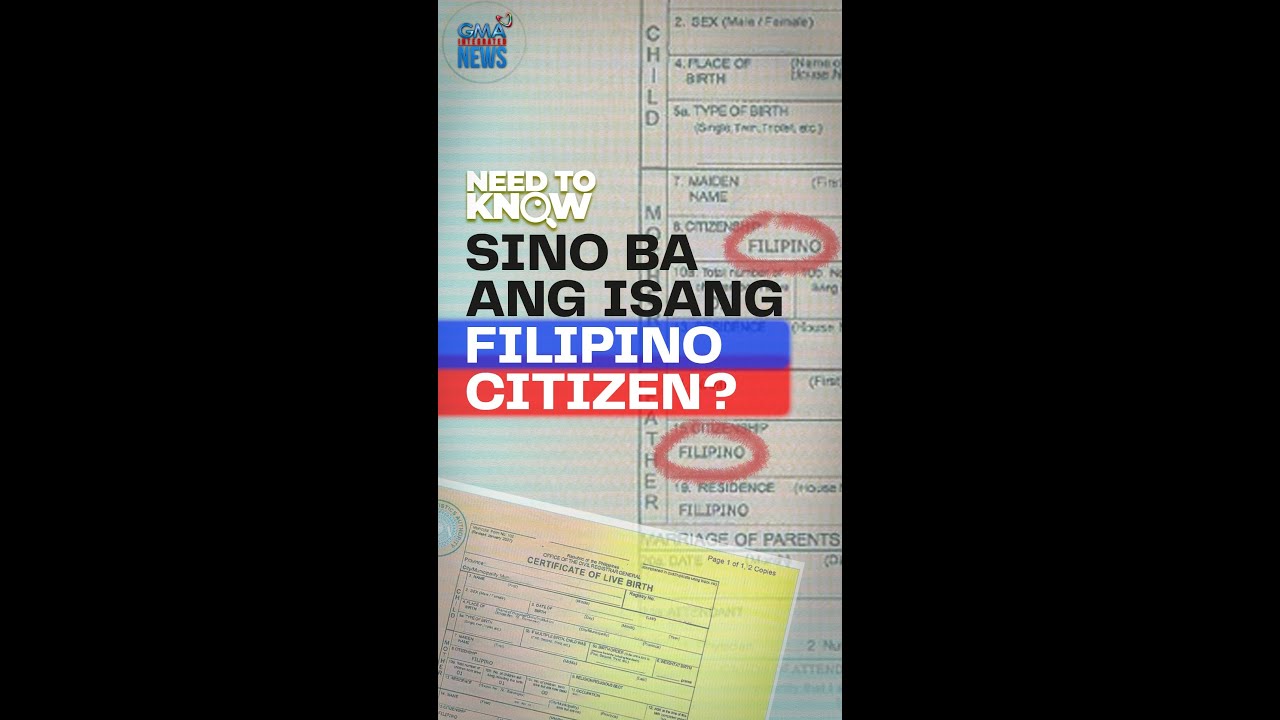droit du sol et droit du sang - Karambolage - ARTE
Summary
TLDRThe video script narrates the complex journey of determining the nationality of journalist Catharina Clost's son born in France. It explores the historical evolution of French nationality laws, from the 'right of blood' to the 'right of soil', influenced by the French Revolution and population concerns. The script also touches on Germany's nationality laws, which allow children of foreign parents born in Germany to become German under certain conditions. The story concludes with the child's potential to acquire French nationality at adulthood after living in France for five years, or face the decision at 18 to accept or reject French nationality.
Takeaways
- 🇫🇷 The child is born in France to an Italian father and a German mother, leading to questions about his nationality.
- 🏛️ The concept of nationality in France has evolved from the monarchy's discretion to the revolutionary idea of 'citizenship'.
- 📜 The 'right of the soil' (jus soli) was officially established in France in 1851, initially as a double requirement for the child and one parent to be born in France.
- 📉 France relaxed the 'right of the soil' in 1889 to counter a declining population and to bolster its military ranks.
- 🌐 During World War II, the Vichy regime tightened nationality laws, reversing many naturalizations.
- 🔄 Today, France requires either the child or one parent to be born in France for nationality, except in exceptional cases.
- 🇩🇪 Germany also offers 'right of the soil' alongside 'right of blood' (jus sanguinis), allowing children of foreign parents born in Germany to become German.
- 📆 A child born in Germany to foreign parents can become German if one parent has lived there for at least 8 years and meets other criteria.
- 📝 The process of naturalization in Germany includes a test on culture and politics, which can be challenging.
- 👶 The child in the script is initially German and Italian by blood, but can apply for French nationality at the age of majority if they have lived in France for 5 years.
- 📅 The parents can apply for French nationality on behalf of their child as early as their 13th year, leading to potential dual or triple nationality at adulthood.
Q & A
What is the nationality of Catharina Clost's son according to the video script?
-The son is born to an Italian father and a German mother, and is born on French territory, making him initially German and Italian by blood.
What is the significance of the father going to the town hall with a white night behind him?
-The father's visit to the town hall signifies the official registration of his child's birth in France, which is a crucial step in potentially acquiring French nationality.
What are the two ways one can become French according to the script?
-One can become French either by 'filiation' or 'droit du sang' (right of blood) if one parent is French, or by 'droit du sol' (right of soil) if born on French soil.
When was the 'droit du sol' officially instituted in France?
-The 'droit du sol' was officially instituted in France in 1851.
What does the term 'double droit du sol' refer to?
-The 'double droit du sol' refers to the condition where both the child and one of the parents must be born in France to acquire French nationality.
Why did France decide to soften the 'droit du sol' in 1889?
-France decided to soften the 'droit du sol' in 1889 to counteract the declining population and to bolster the ranks of the army.
How did the Vichy regime alter the nationality laws during World War II?
-The Vichy regime criticized previous laws for making people French too easily, reopened files, and stripped many people of their French nationality.
What is the current rule regarding 'double droit du sol' in France?
-Currently, the 'double droit du sol' prevails where the child and one of the parents must be born in France. The simple 'droit du sol' is applied only in exceptional cases.
What is the situation with 'droit du sol' in Germany as mentioned in the script?
-In Germany, since the 2000s, children born to foreign parents on German soil can become German, but one parent must have lived in Germany for at least 8 years.
What is the process for Catharina Clost's son to potentially acquire French nationality?
-Catharina Clost's son can potentially acquire French nationality at the age of majority if he has lived in France for 5 years, or the parents can apply in anticipation from the 13th year of the child's life.
What will happen if Catharina Clost's son refuses French nationality at the age of 18?
-If he refuses French nationality, he will automatically have a third passport, presumably German and Italian, without French nationality.
What is the speculation about a possible future European nationality mentioned in the script?
-The script speculates that there might be a creation of a European nationality in the future, which could potentially benefit individuals with multiple nationalities.
Outlines

Esta sección está disponible solo para usuarios con suscripción. Por favor, mejora tu plan para acceder a esta parte.
Mejorar ahoraMindmap

Esta sección está disponible solo para usuarios con suscripción. Por favor, mejora tu plan para acceder a esta parte.
Mejorar ahoraKeywords

Esta sección está disponible solo para usuarios con suscripción. Por favor, mejora tu plan para acceder a esta parte.
Mejorar ahoraHighlights

Esta sección está disponible solo para usuarios con suscripción. Por favor, mejora tu plan para acceder a esta parte.
Mejorar ahoraTranscripts

Esta sección está disponible solo para usuarios con suscripción. Por favor, mejora tu plan para acceder a esta parte.
Mejorar ahoraVer Más Videos Relacionados
5.0 / 5 (0 votes)






